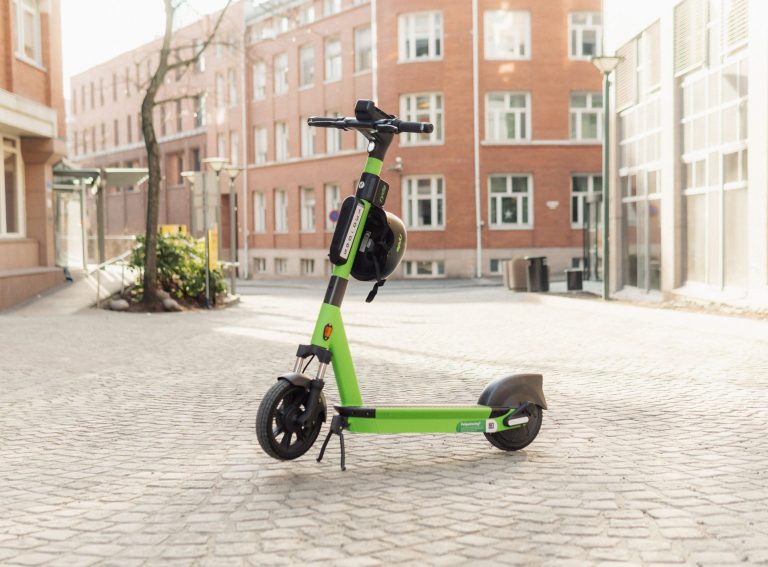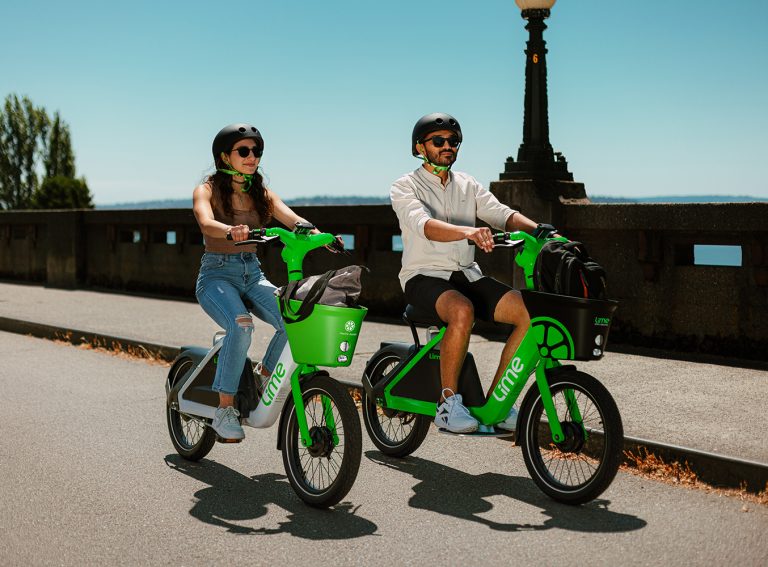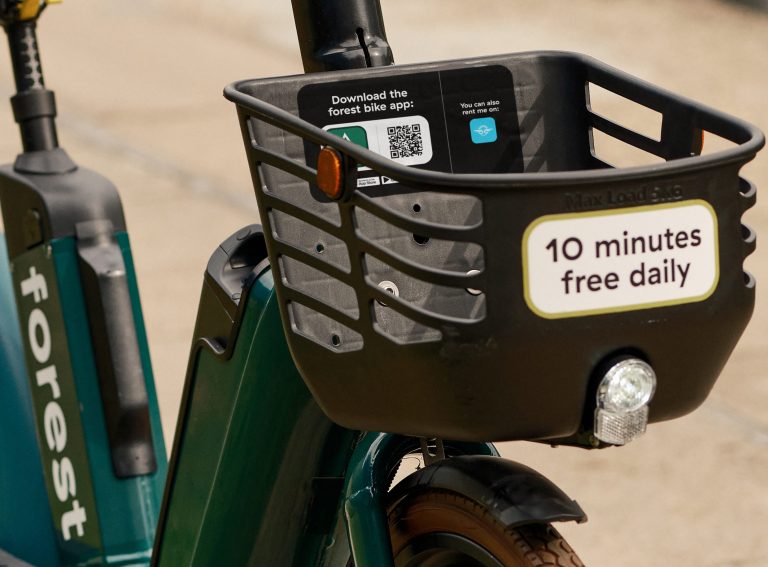A new study shows that Brits would prefer to tackle climate change by using greener modes of transport to get around cities rather than eating less meat or taking fewer flights.
The study of 2,100 adults across 14 UK cities was undertaken by shared operator TIER and market research agency Opinium.
When asked what actions they would take to cut their carbon footprint this year, 38% said switching to greener transport, with 28% specifically choosing to switch to e-bikes or e-scooters.
Changing city transport habits proved more popular than eating less meat (30%) or taking fewer flights (26%).
TIER said the most popular option was unsurprisingly to reduce household energy (51%) given the recent surge in energy bills across the UK.
People in Scotland were most likely to cut their carbon footprint by switching to greener transport, with 43% looking to change their travel habits. They were followed closely by Londoners at 42%, the East Midlands and the South West at 39%, and the North East at 36%.
Additionally, 28% of respondents use a private car or van to get around but the majority said they would use an e-scooter or e-bike to replace one in four of their trips if they had a local scheme. In the North East, 82% of car and van users said they would use an e-bike or e-scooter if they could.
Georgia Yexley, TIER’s General Manager for UK and Ireland, told Zag Daily: “The threat of climate change continues to be a prominent topic of discussion as more individuals begin to consider their impact on the environment – including how they navigate their cities and towns. With transport emissions a key culprit for climate change, shared micromobility options offer the opportunity to change our travel habits.
“In order to support citizens to make greener transport choices, we must improve physical infrastructure and put in place the right regulatory frameworks. If we are to make real and sustained behaviour changes, it must be as easy and simple as possible for individuals to incorporate micromobility into their everyday lives. Governments, councils, operators and residents must work together to do this, and each play their part in tackling the climate challenge.”




